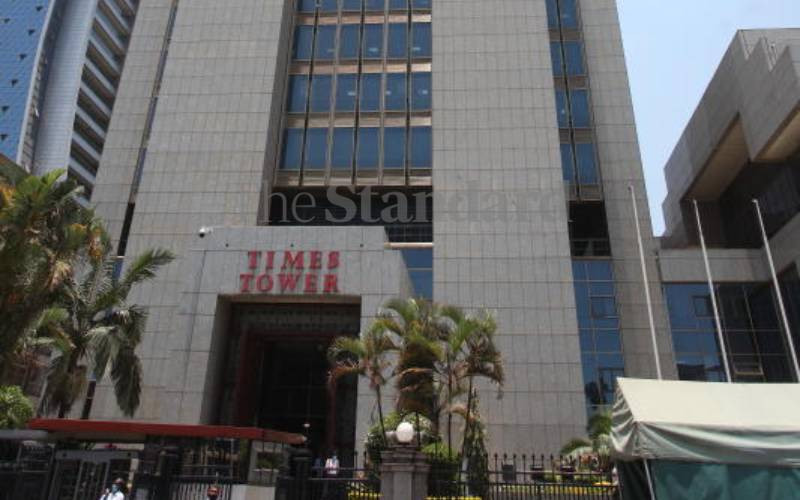×
The Standard e-Paper
Home To Bold Columnists

As civil societies, human rights groups, the clergy, opposition politicians and even Kenyans online continue to raise concerns over the rising cost of living in the country, the situation is no different for staff at the Kenya Revenue Authority (KRA).